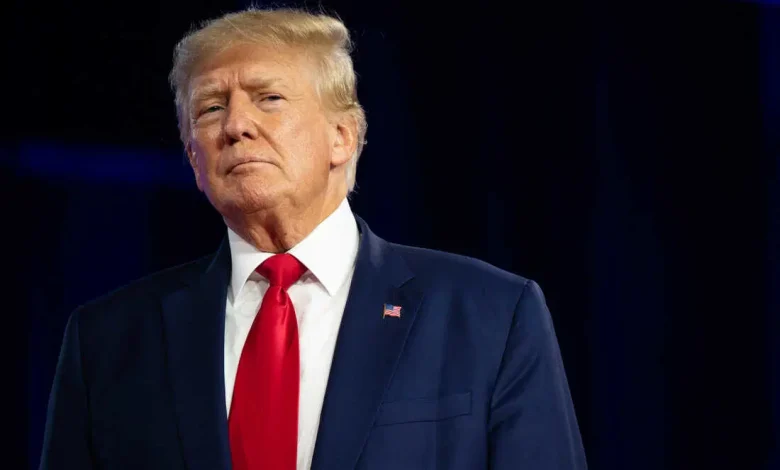Trump Repeals LGBTQ+ Equality Orders, Issues New Executive Actions on Gender and Diversity

On Monday, US President Donald Trump enacted sweeping changes to federal policies by repealing numerous executive orders issued by his predecessor, Joe Biden, that promoted LGBTQ+ equality and diversity initiatives, signaling a decisive break with what he describes as “woke” culture.
Throughout his campaign, Trump relentlessly criticized diversity, equity, and inclusion (DEI) policies, arguing that they unfairly discriminated against white people especially men. One of his new executive orders eliminated these DEI programs, which had been introduced across federal agencies, including in areas such as military service and airline safety.
“The Biden Administration forced illegal and immoral discrimination programs, going by the name ‘diversity, equity, and inclusion’ (DEI), into virtually all aspects of the Federal Government,” Trump stated in the order.
Trump also targeted gender diversity, specifically attacking transgender individuals and the concept of gender-affirming care for children. He issued a series of new orders aimed at reversing Biden-era policies that recognized gender identity and sexual orientation as protected classes under federal law. The changes also dismantled initiatives intended to address historical inequities for Black, Hispanic, and Pacific Islander Americans, as well as LGBTQ+ individuals.
In a dramatic shift, Trump rescinded 78 executive orders, presidential memoranda, and actions implemented by the Biden administration, including those aimed at promoting diversity and equality in government, healthcare, and workplaces.
Among the most significant changes, Trump signed an executive order mandating that federal agencies restrict gender recognition to only male and female options, removing any reference to non-binary or other gender identities. This order also directed agencies to end federal funding for what Trump referred to as “gender ideology,” a term he used to encompass any language or policies acknowledging gender identities beyond the binary.
The new policies, which emphasize the use of “clear and accurate” language recognizing men as biologically male and women as biologically female, are expected to face legal challenges, particularly from LGBTQ+ advocacy groups.
Outside New York City’s historic Stonewall Inn, a symbol of LGBTQ+ rights, community members expressed their distress over the policy changes. “These announcements and these policy changes really affect people in a deep level,” said Angel Bullard, a 22-year-old transgender student from Wyoming. “It’s a horrible place to be when you are unaffirmed and alone in this world.”
The implications of these new policies could limit access to gender-affirming medical care, especially in cases funded by federal programs like Medicare and Medicaid, which support older and low-income Americans. The moves also raised concerns about the future of gender-affirming care in federal prisons, where many individuals rely on federal funding for treatment.
Trump had previously pledged to ban gender-affirming care for minors and promised legal action against doctors and educators who facilitated or supported such practices.
In response to the policy changes, the LGBTQ Victory Fund called for increased efforts to elect pro-equality candidates, emphasizing the importance of safeguarding the rights of LGBTQ+ individuals amid the growing backlash and rollback of pro-equality policies. The LGBT National Help Center reported a sharp rise in calls since the election, receiving roughly 2,000 calls per day—up from the usual 300.
Trump’s anti-transgender rhetoric remained a central element of his campaign rallies, where such remarks drew strong support from his audience.






Trump is putting America down in the grave. He released more than a thousand criminals from prison, but didn’t sign a single paper to make people’s lives better.